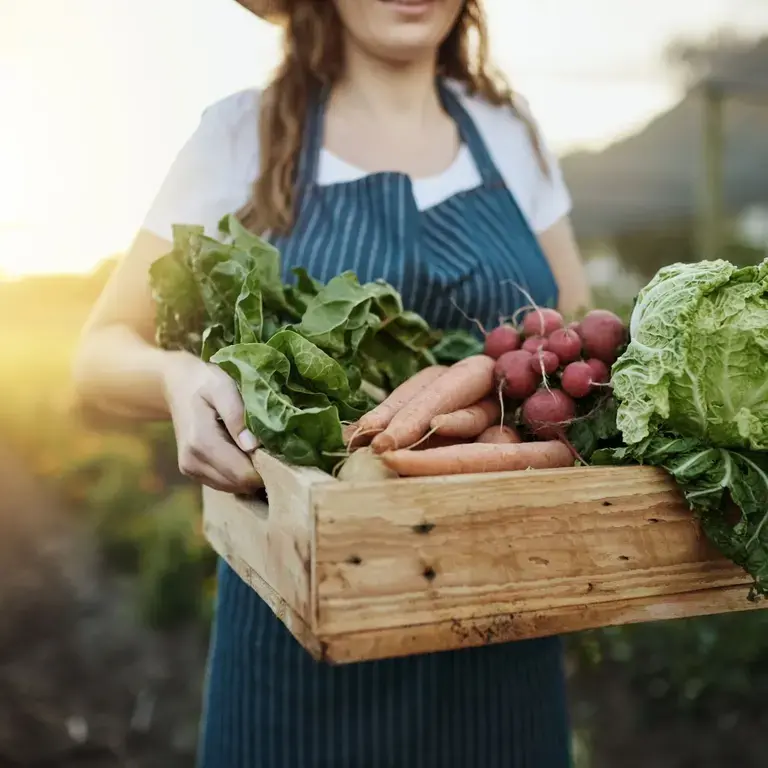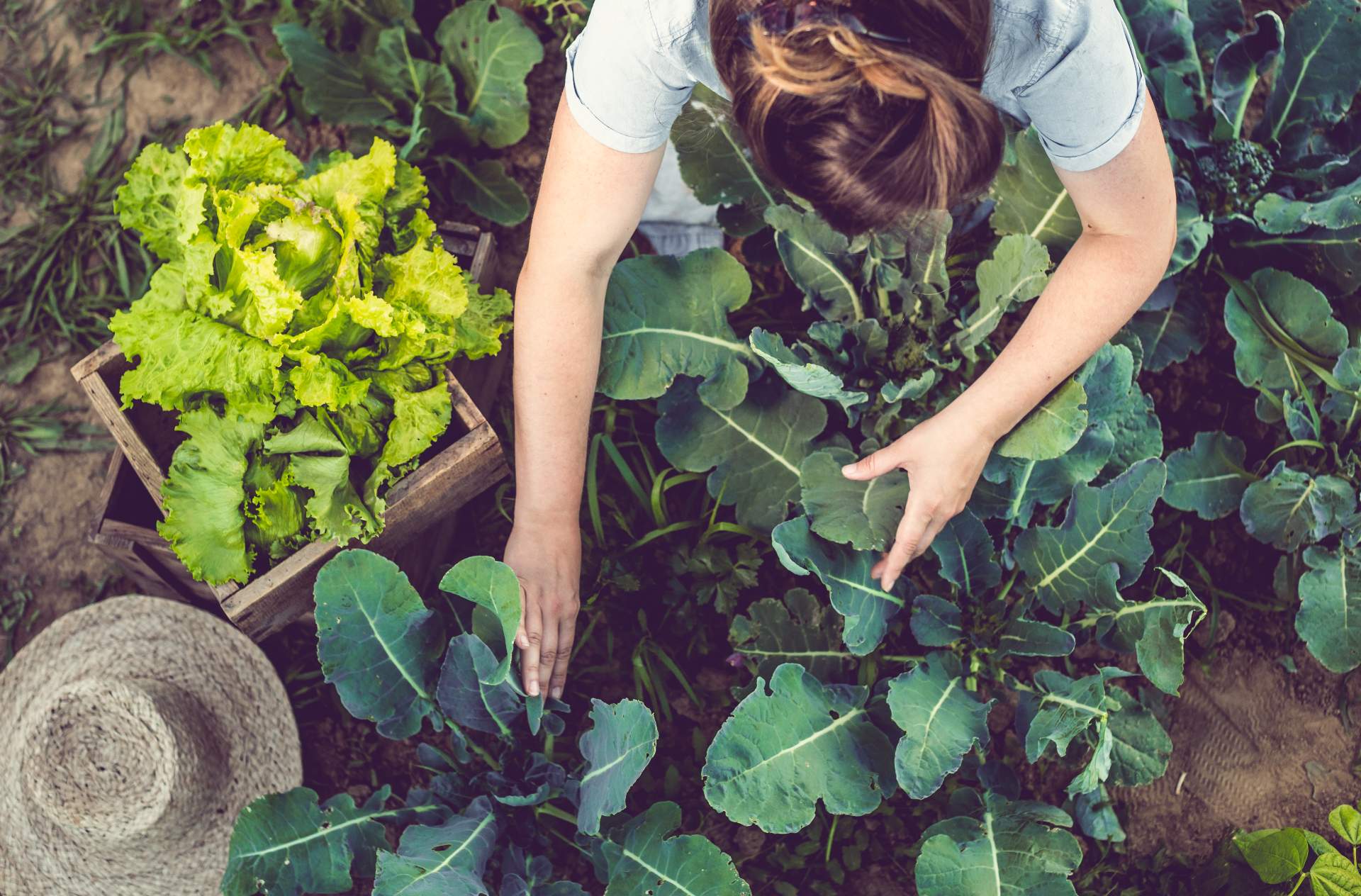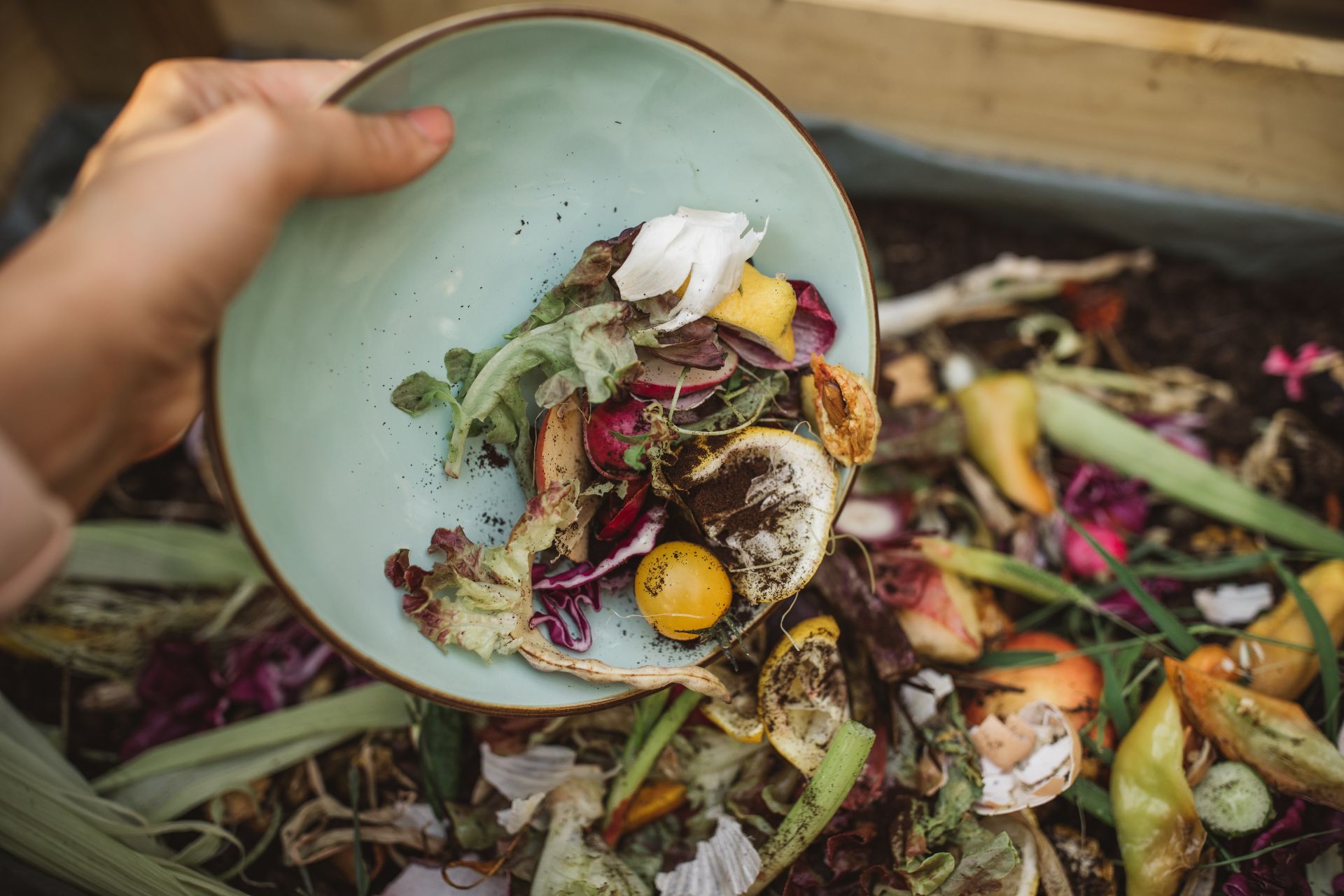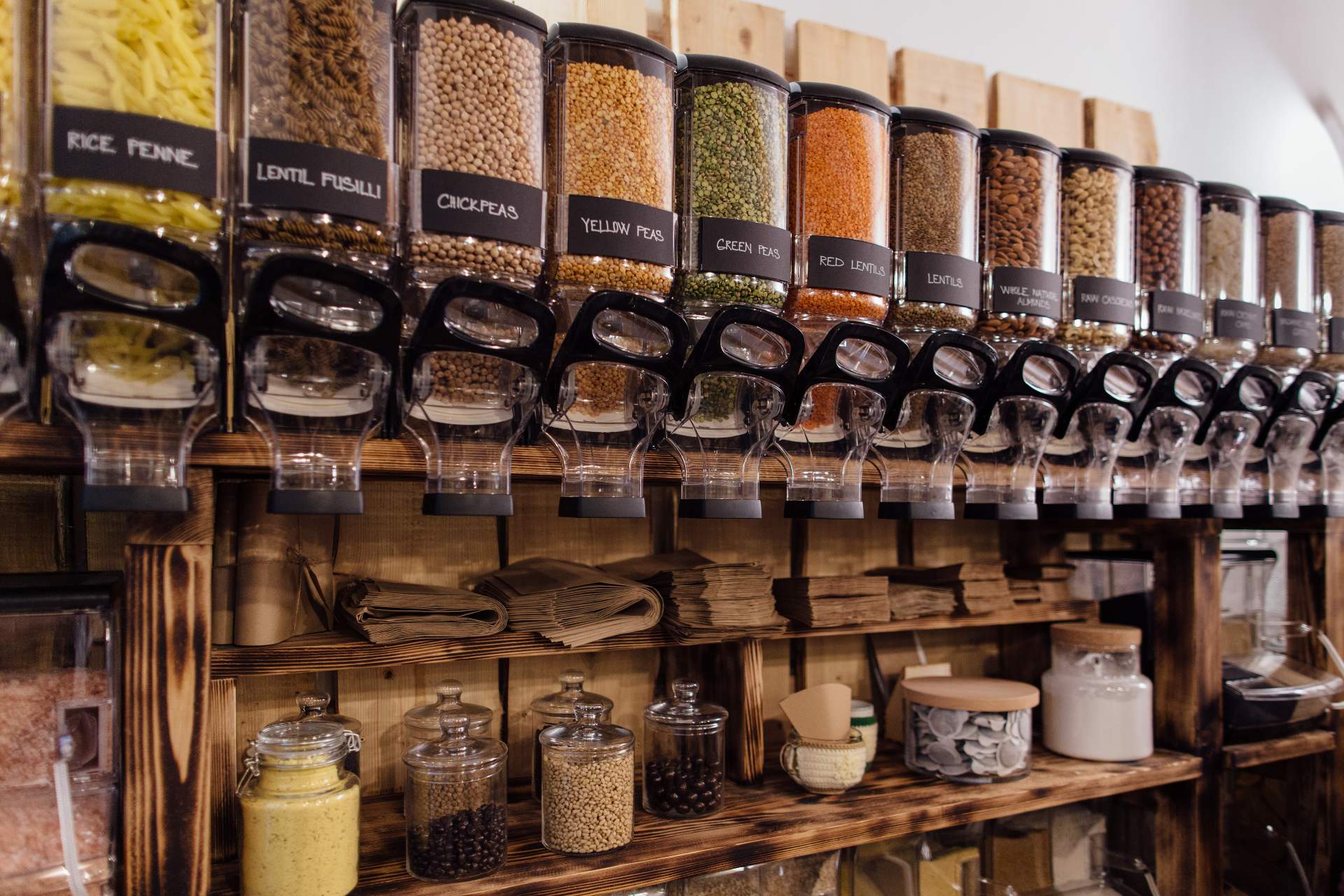Sustainable food begins at source, with farmers and producers. Irresponsible farming can cause massive damage to the environment, with dangerous chemicals polluting our soil and waterways, and important ecosystems razed to make way for ranches or arable mono cultures incapable of supporting wildlife. Natural resources are abused, and the ocean in particular, with careless overfishing meaning that fish are being caught before they can spawn, and stocks of certain species are running dangerously low. According to the non-profit World Wide Fund for Nature (WWF), our current food system is responsible for 60% of biodiversity loss worldwide.
Luckily, the last few years have seen a decided move towards sustainable farming, with a growing number of food heroes stepping up in an attempt to reverse the damage. Instead of relying on chemicals, these producers focus on foods that grow well in the local climate, rotating their crops through the year as the seasons change.
Many farms also help protect wildlife by reserving a part of their land for conservation, and by growing a diverse range of native or non-invasive crops that won’t harm the local ecosystem. These days more than 15% of all farmland in the USA is dedicated to conservation and wildlife habitat.
Many fishing companies are also taking steps to protect the ocean - and their own livelihoods - by committing to sustainable fishing practises. This means leaving enough fish for the population to replenish itself, and may also include throwing back young fish that haven’t had a chance to breed.
Sustainability also includes a commitment to care for livestock, with humane living conditions, and humane slaughter of animals bred for meat. Sustainable farming is increasingly moving towards plant-based products, however, largely because farming animals is such an inefficient use of resources, with the production of large amounts of feed required to provide a relatively small amount of meat or dairy. The United Nations estimates that animal farming is responsible for more greenhouse gas emissions than all of the cars, trucks and airplanes in the world put together, and, sadly, the effect is increasing.
Sustainable Packaging













